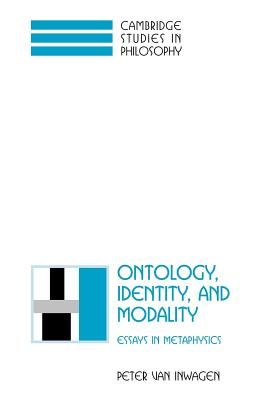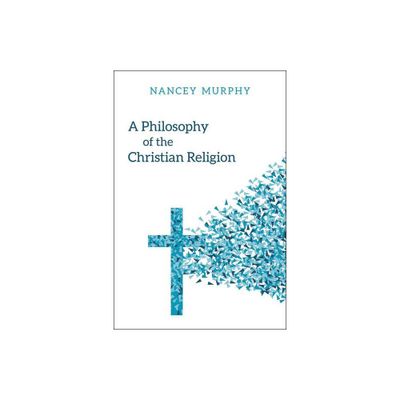Home
the Supreme Identity: An Essay on Oriental Metaphysic and Christian Religion
Loading Inventory...
Barnes and Noble
the Supreme Identity: An Essay on Oriental Metaphysic and Christian Religion
Current price: $24.95


Barnes and Noble
the Supreme Identity: An Essay on Oriental Metaphysic and Christian Religion
Current price: $24.95
Loading Inventory...
Size: Hardcover
*Product Information may vary - to confirm product availability, pricing, and additional information please contact Barnes and Noble
Modern Civilization, Watts maintains, is in a state of chaos because its spiritual leadership has lost effective knowledge of man's true nature. Neither philosophy nor religion today gives us the consciousness that at the deepest center of our being exists an eternal reality, which in the West is called God. Yet only from this realization come the serenity and spiritual power necessary for a stable and creative society.
One of the most influential of Alan Watts's early works,
The Supreme Identity
examines the reality of civilization's deteriorated spiritual state and offers solutions through a rigorous theological discussion on Eastern metaphysic and the Christian religion. By examining the minute details of theological issues, Watts challenges readers to reassess the essences of religions that before seemed so familiar and to perceive Vedantic "oneness" as a meeting ground of all things – "good" and "evil." In addressing how religious institutions fail to provide the wisdom or power necessary to cope with the modern condition, Watts confidently seeks the truth of the human existence and the divine continuum.
In this eye-opening account of "metaphysical blindness" in the West, Watts accents this dense exploration of religious philosophy with wry wit that will engage inquiring minds in search of spiritual power and wisdom.
One of the most influential of Alan Watts's early works,
The Supreme Identity
examines the reality of civilization's deteriorated spiritual state and offers solutions through a rigorous theological discussion on Eastern metaphysic and the Christian religion. By examining the minute details of theological issues, Watts challenges readers to reassess the essences of religions that before seemed so familiar and to perceive Vedantic "oneness" as a meeting ground of all things – "good" and "evil." In addressing how religious institutions fail to provide the wisdom or power necessary to cope with the modern condition, Watts confidently seeks the truth of the human existence and the divine continuum.
In this eye-opening account of "metaphysical blindness" in the West, Watts accents this dense exploration of religious philosophy with wry wit that will engage inquiring minds in search of spiritual power and wisdom.


















